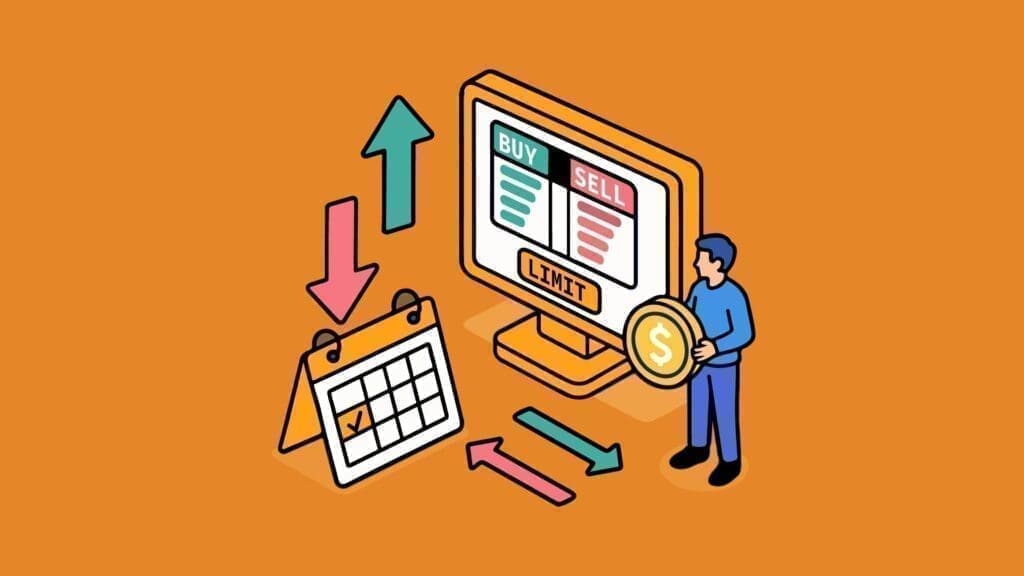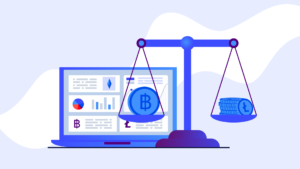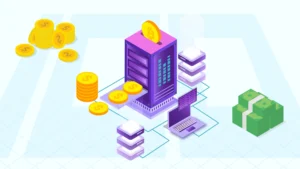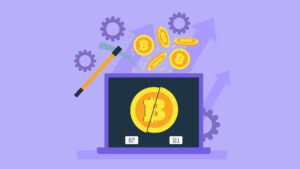
Decentralized Exchanges (DEXs) have transformed the trading landscape by offering a decentralized alternative to traditional Centralized Exchanges. Among the various trading mechanisms available on DEXs, limit orders stand out for their precision and strategic advantages.
What is a Decentralized Exchange (DEX)?
A decentralized exchange (DEX) is a trading platform that operates without a central authority. Instead, DEXs use Blockchain Technology and smart contracts to facilitate Peer-to-Peer Trading of cryptocurrencies and digital assets. Unlike centralized exchanges, which are managed by a central entity that holds custody of users’ funds, DEXs allow users to retain control of their assets throughout the trading process. This decentralization enhances security and reduces the risk of counterparty failure.
What is a Limit Order in a Decentralized Exchange (DEX)?
A Limit Order is an instruction to buy or sell an asset at a specified price or better. On a decentralized exchange, a limit order remains in the order book until it is fulfilled or canceled. This order type offers traders greater control over their trades by allowing them to set precise entry and exit points, rather than accepting the Current Market Price. Limit orders are particularly useful for executing trades at optimal prices, especially in volatile markets.
What Are the Benefits of Using Limit Orders on a DEX?
Using limit orders on a Decentralized Exchange (DEX) Aggregator offers several benefits that can enhance your trading strategy. One of the primary advantages is control over the execution price. By setting a specific price at which you want to buy or sell an asset, you ensure that your trades are executed under favorable conditions, avoiding the risks associated with market price fluctuations.
Another benefit is the reduction of slippage. Slippage occurs when the execution price of a trade differs from the expected price due to market movement. Limit orders mitigate this risk by ensuring that the trade only occurs at the specified price or better, thus providing greater price stability.
For those utilizing services from a DEX Company, the integration of limit orders enhances trading efficiency by leveraging advanced smart contracts and order matching systems. These features ensure that limit orders are executed reliably and securely, contributing to a more effective trading experience on the decentralized exchange.
How Do Limit Orders Work on a DEX?
Limit orders on a DEX function in such a way that a user is able to place a price that he/she is willing to buy or sell the cryptocurrency at Here’s how they function in 4 points:
Price Specification
A limit order is an order placement that puts a ceiling of the maximum price that the user is willing to pay in order to buy the Cryptocurrency (Buy Limit order) or the floor for the minimum price that the user expects for the Cryptocurrency (Sell Limit order). To fix the price at which it can buy or sell quantity ‘Q’, it fixes a certain price which is known as the limit price.
Order Execution
A limit order, however, is executed only when the price gets to the limit price set or turns out to be better for the user. For instance, a buy limit order with a limit price of $100 means that the order will be executed if the market price is at or below $100, while a sell limit order with the same stated limit price of $100 will be affected when the market price is at or above $100.
Order Book Integration
Limit orders are placed on the Order Book Of DEX, which is the list of all transactions which are waiting to be executed grouped by the price. The order book also serves in the determination of prices of products that buyers and sellers are willing to transact at.
Partial Execution
If the whole order cannot be done at the limit price, the remaining part of the order enters the order book until the market price is equal to the limit price, or the user cancels the order. This means that if a trader’s limit order has been placed to buy or sell shares, there is an option in partially executing the order.
How to Set Up Limit Orders?
Setting up limit orders on a decentralized exchange (DEX) is a straightforward process, but it involves a few key steps to ensure that your trading strategy is executed effectively.
First, connect your Cryptocurrency Wallet to the DEX Platform. This connection allows you to interact with the exchange and manage your assets securely. Once your wallet is connected, choose the trading pair you wish to trade, such as ETH/BTC.
Next, specify the details of your limit order: the amount of the asset you want to buy or sell, and the price at which you want the order to be executed. After entering these details, submit your limit order to the DEX. The order is then recorded on the blockchain, ensuring transparency and immutability. Your order will remain in the order book until it is either matched with a counterparty’s order or canceled.
Many traders use a DEX Aggregator to enhance their trading experience. A DEX aggregator searches multiple decentralized exchanges to find the best possible price and liquidity for your limit order. This integration helps ensure that your order is executed at the most favorable terms. By utilizing a DEX aggregator alongside your limit orders, you can optimize your trading strategy and improve your overall trading efficiency on the Decentralized Exchange.
Can you Set Limit Orders on Uniswap?
Yes, you can set limit orders on Uniswap, but it’s important to note that this functionality is not directly available on the platform’s core interface. Traditionally, Uniswap operates as an Automated Market Maker (AMM), where trades are executed at the current market price rather than through limit orders.
However, with the evolution of Decentralized Finance (DeFi) Development, third-party tools and integrations have emerged to bridge this gap. Platforms and services integrated with Uniswap, often referred to as Uniswap DEX Listings , now provide the capability to place limit orders.
These tools allow users to set buy or sell orders at specific prices, enhancing their trading strategies by offering greater control over trade execution. By using these integrated solutions, traders can leverage Uniswap’s Liquidity while benefiting from limit order functionality. This integration is particularly valuable for optimizing trading outcomes and achieving more precise trade execution on the Uniswap platform.
How to Get Good Profit with Limit Order?
Analyze Market Trends
Use technical analysis to set realistic limit prices based on market trends and historical data.
Leverage DEX Aggregators
Utilize tools like 1inch Exchange Listing to find the best prices across multiple decentralized exchanges, improving execution.
Set Realistic Prices
Avoid setting limit orders at unrealistic prices to increase the likelihood of order fulfillment.
Monitor and Adjust
Regularly review and adjust your limit orders based on market movements to stay competitive.
Diversify Your Strategy
Spread limit orders across different assets and pairs to reduce risk and capture more trading opportunities.
What Risks Are Associated with Limit Orders on a DEX?
One primary risk of using limit orders is that your order may not be executed if the market price does not reach your specified limit. This can be a problem in fast-moving or highly volatile markets where prices change quickly, potentially leaving your order unfilled.
Another risk is related to liquidity. If there is not enough liquidity for the asset you are trading, your limit order might remain open for a long time or may not be filled at all. This is where Limit Order Services and 1inch-Clone-Development solutions can help. By aggregating liquidity from multiple exchanges, these tools improve the chances of your order being filled at the desired price.
Limit orders on DEXs can also be affected by price slippage if there is a sudden price movement before the order is executed. While limit orders help reduce slippage risk, they do not fully eliminate the chance of execution at an unfavorable price in highly volatile conditions.
How can Nadcab Labs Optimize Limit Orders on DEXs?
Nadcab Labs can optimize limit orders on decentralized exchanges by developing advanced Smart Contract Development and Trading Algorithms. Their expertise ensures efficient order placement and execution, integrating liquidity aggregation solutions to improve price accuracy and order fulfillment. This enhances overall trading performance and reduces risks associated with limit orders on DEXs.







